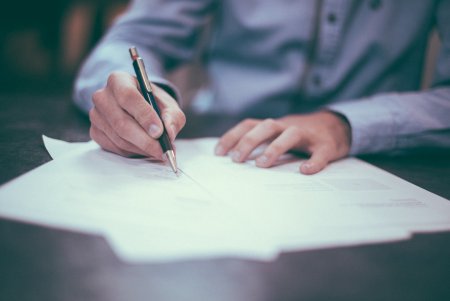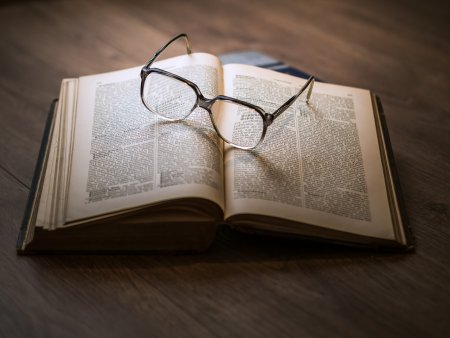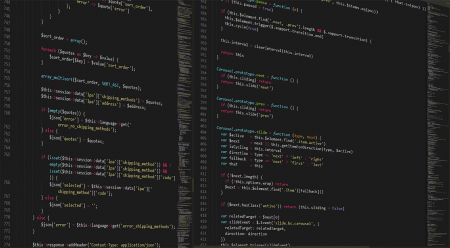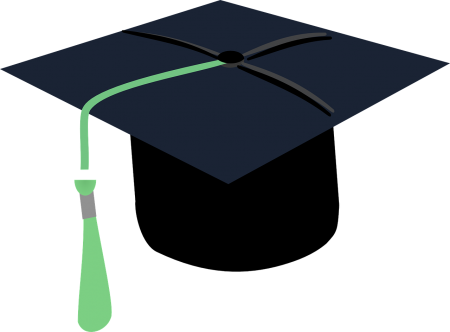Put the verds in brackets into the Present Pertect and the
Put the verds in brackets into the Present Pertect and the Present Continuous. Present Perfect Present Continuous 1. (do) He................. He................... 2. (draw) They................. They................... 3. (make) I................ I................. 4. (catch) it............... it............. 5 . (eat) we............... we........... 6.(sieep) He .......... He............ 7. (go) They............... They......... 8. (take) I........... I......... 9. (ciean) She..... She..... 10.(cook) We..... We.......
Задать свой вопросЧтоб образовать сложные глагольные формы, необходимо знать их лингвистические формулы.
Для the Present Continuous эта формула выглядит последующим образом: am/is/are + база смыслового глагола + ing. Необходимо держать в голове, что выбор меж am, is и are зависит от того, чем выражено подлежащее:
- am употребляется с I;
- is с существительными в единственном числе и he, she, it;
- are с существительными во множественном числе и we, you, they.
Глагольные формы the Present Perfect образуем по формуле: have/has + прошедшее причастие смыслового глагола (V3).
Вспомогательный глагол have появляется после подлежащих, выраженных существительными во множественном числе и I, we, you, they, has после существительных в единственном числе и he, she, it.
Прошедшее причастие правильных глаголов образуем, прибавляя -ed к основам: start started. Прошедшие причастия ошибочных глаголов смотрим в таблице ошибочных глаголов в третьем столбике.
do: he has done (the Present Perfect), he is doing (the Present Continuous); draw: they have drawn (the Present Perfect), they are drawing (the Present Continuous); make: I have мейд (the Present Perfect), I am making (the Present Continuous); catch: it has caught (the Present Perfect), it is catching (the Present Continuous); eat: we have eaten (the Present Perfect), we are eating (the Present Continuous); sleep: he has slept (the Present Perfect), he is sleeping (the Present Continuous); go: they have gone (the Present Perfect), they are going (the Present Continuous); take: I have taken (the Present Perfect), I am taking (the Present Continuous); clean: she has cleaned (the Present Perfect), she is cleaning (the Present Continuous); cook: we have cooked (the Present Perfect), we are cooking (the Present Continuous).
-
Вопросы ответы
Статьи
Информатика
Статьи
Математика.
Физика.
Математика.
Разные вопросы.
Разные вопросы.
Математика.
Разные вопросы.
Математика.
Физика.
Геометрия.




